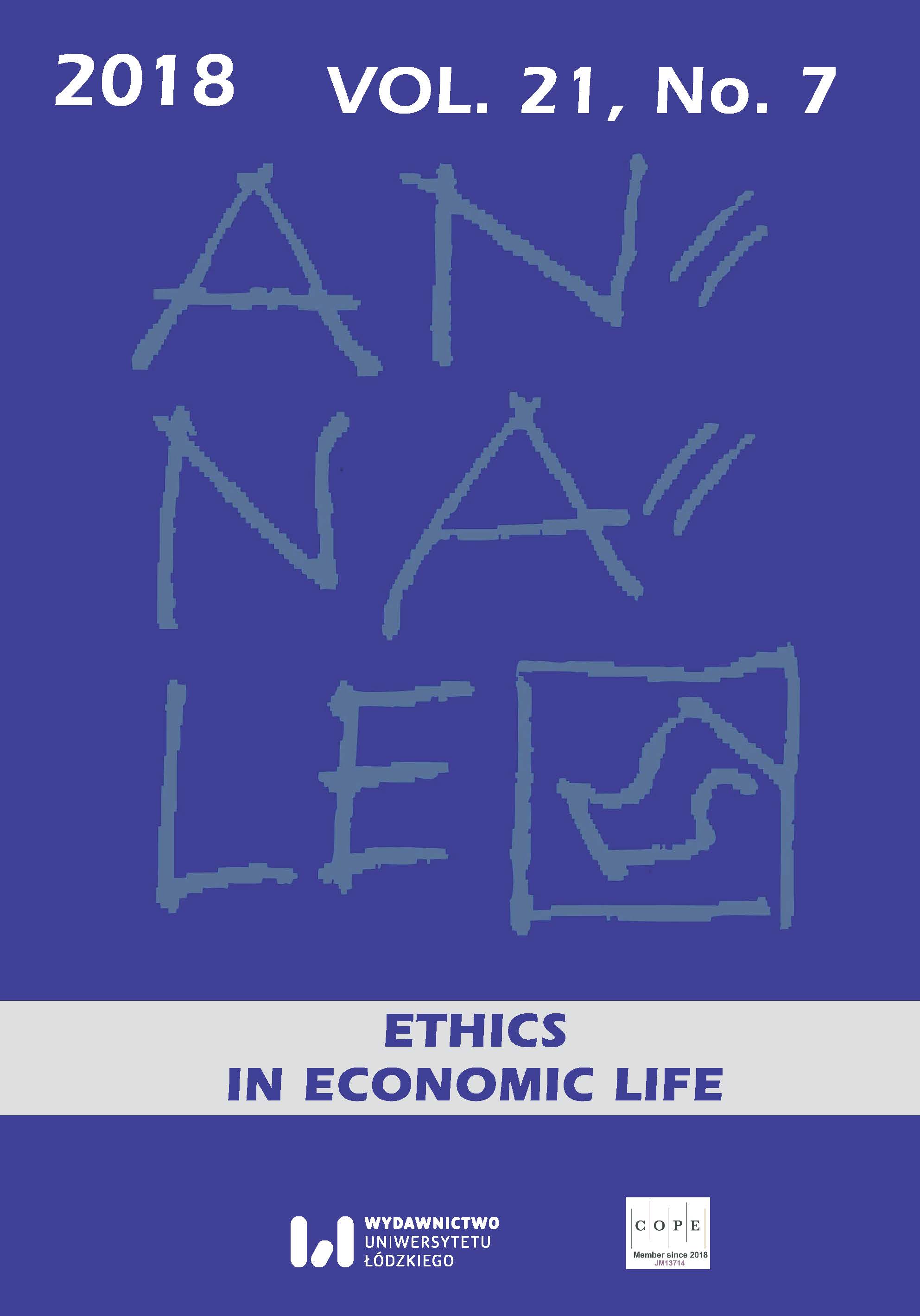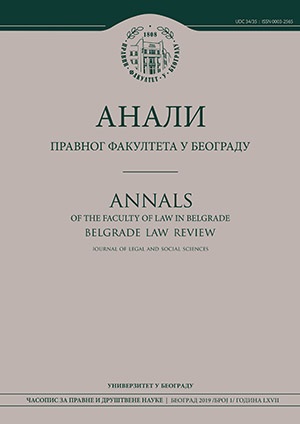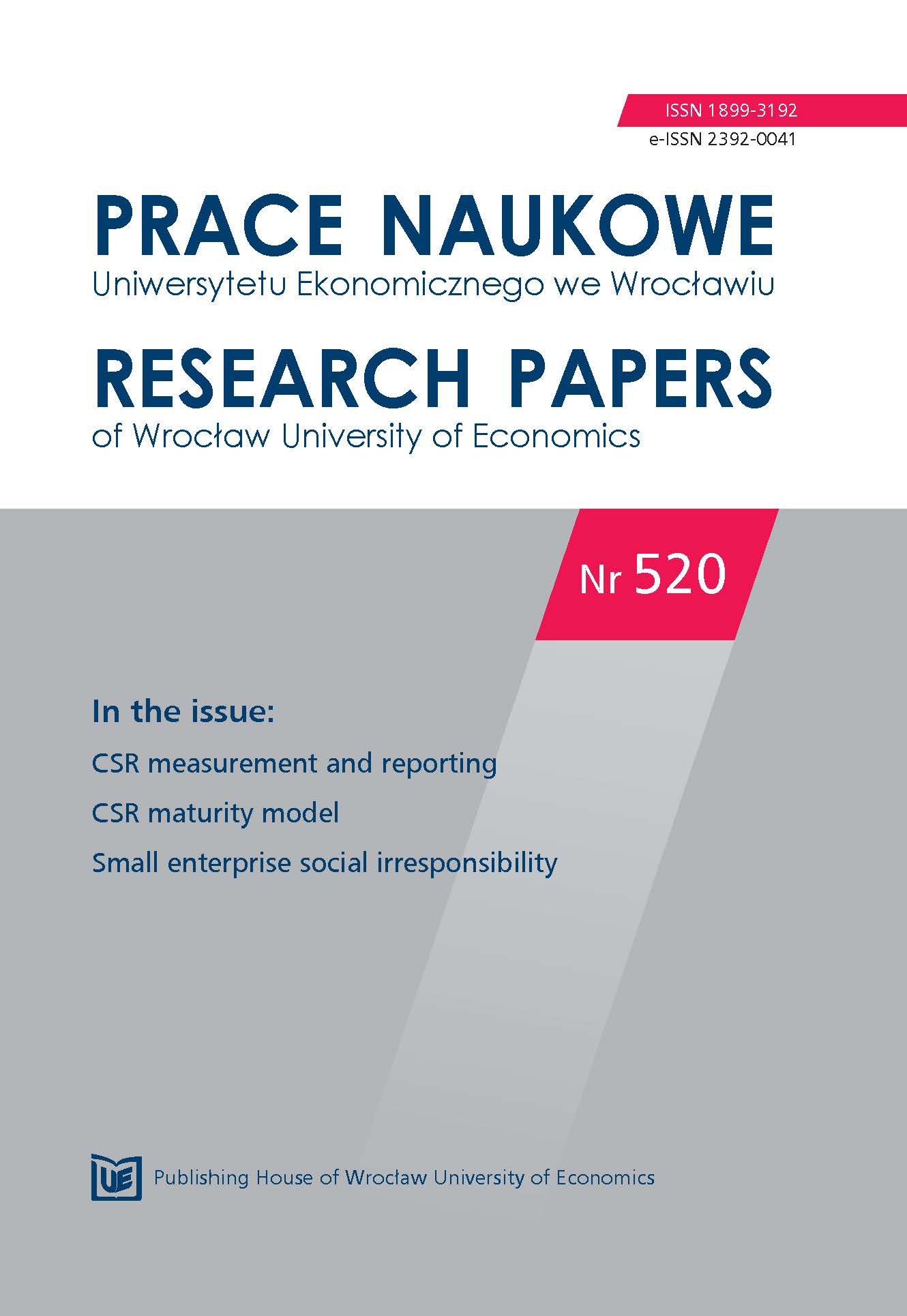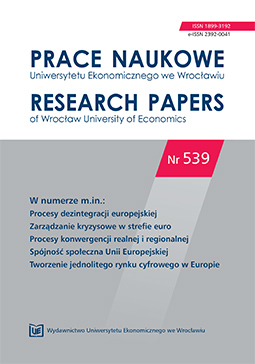
Ethical aspects of the world trading system on the example of Fair Trade
The effect of globalization is not only an improvement of living conditions in developing countries, but also a widening of development disparities and economic inequalities between countries of the rich North and the poor South. The Fair Trade can be considered as a response to emerging problems of development. Therefore, it can be perceived as a form of assistance directed to the marginalized producers in the Global South by enabling them to manufacture, sell and distribute goods to markets in developed countries. This is an alternative to the existing formula of international trade; whose aim is to help producers in the South by integrating them into the current trading system under certain conditions. The idea is to create a new business relationship between producer and consumer, where the production and consumption are bound together in a new supply chain and where the economic benefits are distributed more fairly. It means that the prices of Fair Trade products are set at a level that would ensure a steady income to the producer and would lead to raising their living standards and prosperity. The ethical aspects of the Fair Trade system are clear. The problem is whether the Fair Trade standards can be used on a wider scale in the global economy, whereas there is an evident clash of certain ethical values with market economy rules based on maximizing profits and increasing efficiency.
More...




